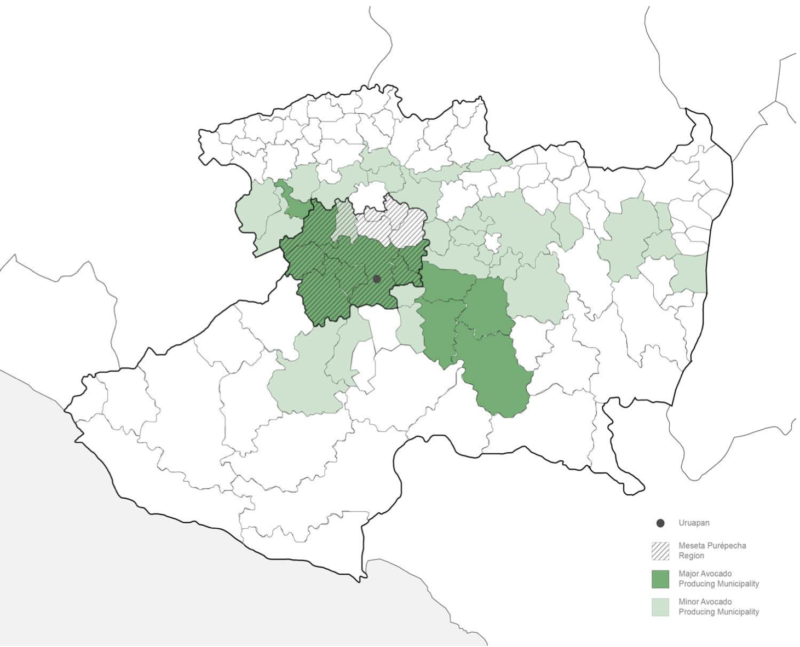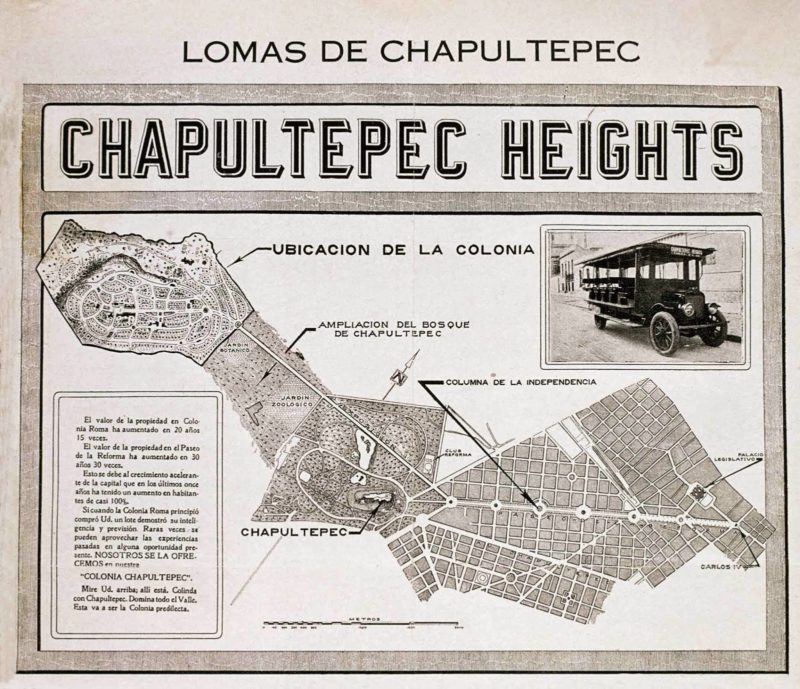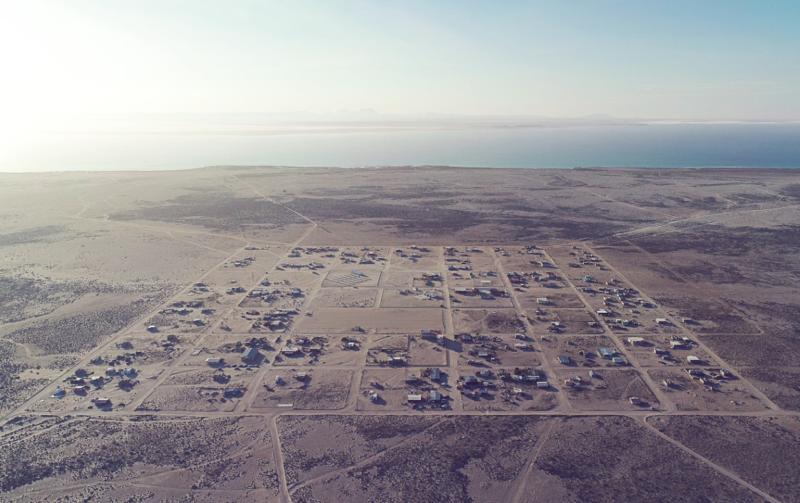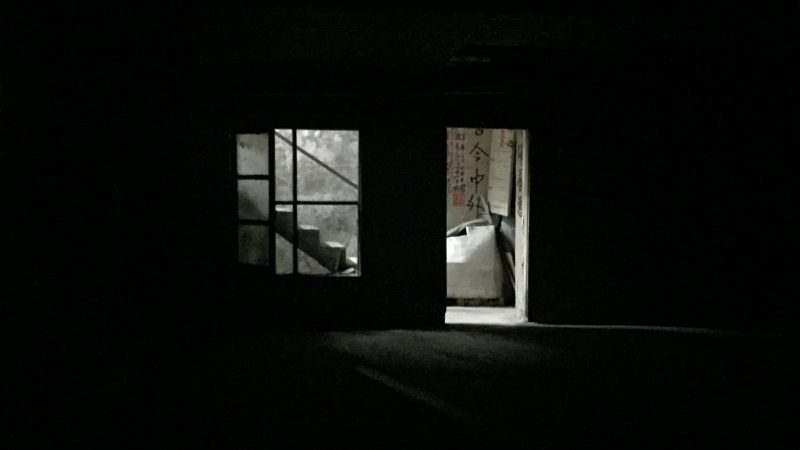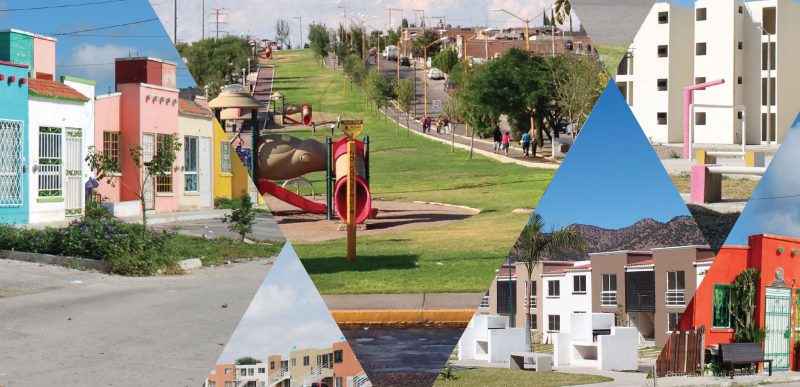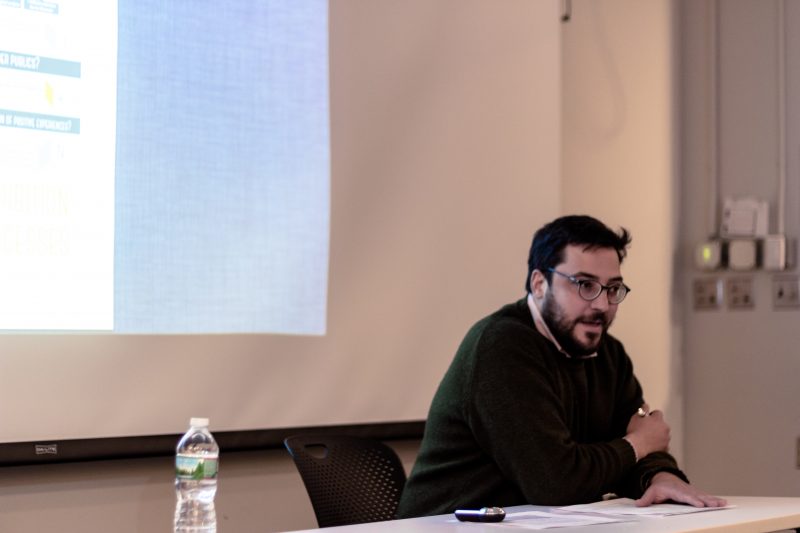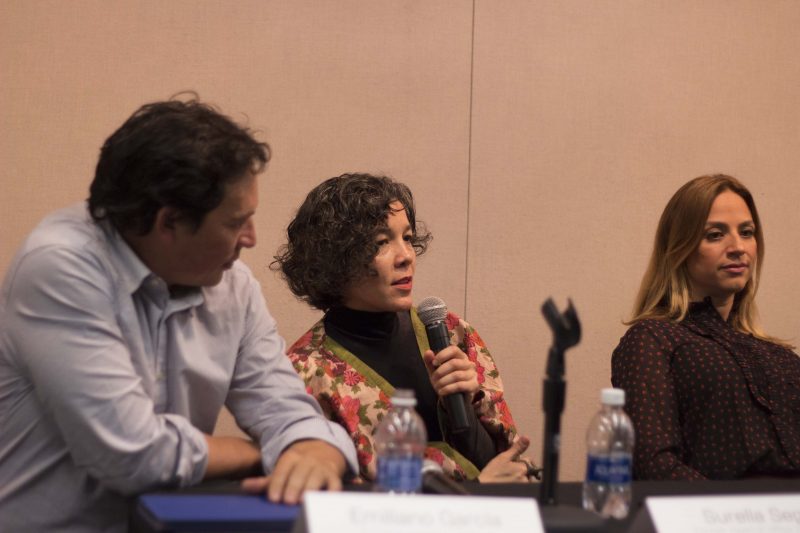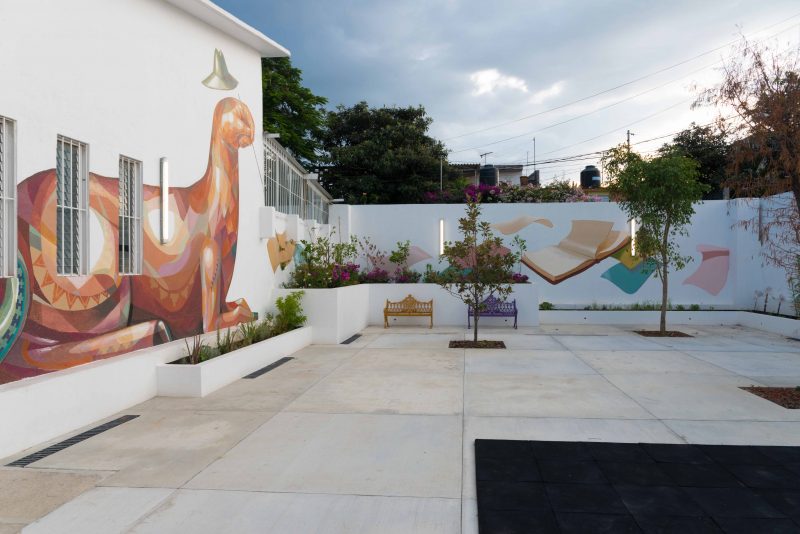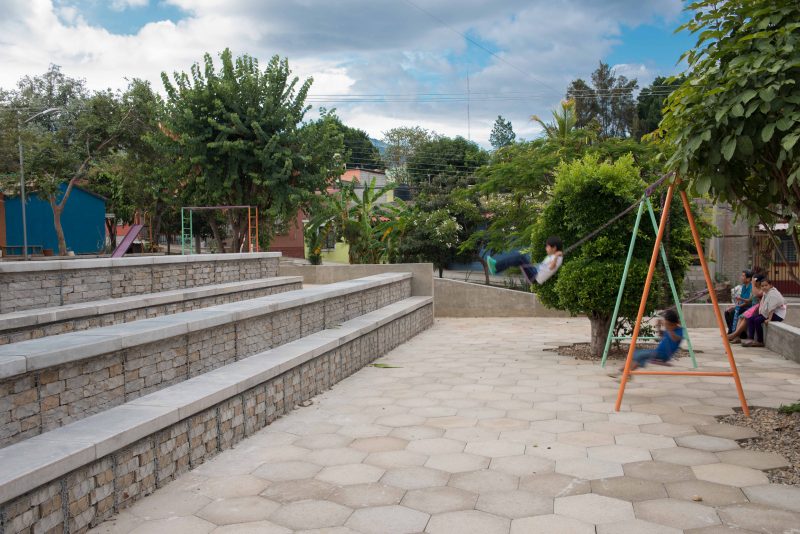Gerardo Corona is pursuing a Master of Architecture in Urban Design at Harvard GSD. He is an architect trained in Mexico with experience in projects across a variety of scales. Gerardo’s current interests range from the political economy of space to the dichotomy of natural and built environments. Avocados from México: A Designed Landscape for Extraction It is possible to read into contemporary societies through their relationships to food – its origins, how it is sourced and who produces it. With the establishment of the North American Free Trade Agreement (NAFTA), the “fetishization of commodity” became stronger, particularly in food […]
Category Archives: New Forms of Urban Practice
Lorenzo Rocha is an architect focused on the experimental use of urban spaces. Lorenzo has published two books, Essays on Photography and Architecture (Diamantina, 2011) and Arquitectura Crítica: Proyectos con espíritu inconformista (Turner, 2018), and contributes regularly to the Milenio newspaper. He currently works as a researcher at the Instituto de Estudios Críticos 17. Q: Your recent article focuses on the De la Lama y Basurto company’s development of three well-known neighborhoods in Mexico City between 1920 and 1945. You trace the urban planning histories of Condesa, Polanco, and Lomas De Chapultepec and consider the theoretical perspectives that influenced their […]
Oliver J. Curtis and Gabriel Muñoz Moreno met in 2015 while at the Harvard Graduate School of Design where their common interest in architecture and ecology brought them together. As co-recipients of a research fellowship through Harvard’s Mexican Cities Initiative, they studied adaptation and development patterns throughout the oases of Baja California. An arid and rugged mountainous ridge, the Baja California region is home to more than one hundred inland and coastal oases. This project explored the development patterns, construction methods, and resiliency strategies already in place to understand the impacts of urban- and tourism-related growth. Without preconceived notions, they […]
By Teddy Cruz and Fonna Forman Last Spring, an anonymous group of architects, designers, and artists announced an international competition to design a new border wall between the United States and Mexico. The proposal was the brainchild of the Third Mind Foundation, a consortium dedicated to experimental forms of interdisciplinary collaboration; and the competition was inspired by Donald Trump’s incendiary campaign promise of a continental border wall. The Third Mind began their challenge with an emphatic statement “Let us be clear, we take no position on this issue, we remain politically neutral.” They claimed, in fact, to be “moving beyond politics” […]
In the historic core of Mexicali, and predominantly in the Chinese neighborhood of La Chinesca, there is a vast network of interconnected basements whose form and spatial characteristics have not been well documented. By: Jessica Sevilla It was only a couple of years ago that the general public had access for the first time to some of these underground spaces, which until then remained an urban legend. They date back to the first decades of the 20th century when the majority of Mexicali’s population was of Chinese descent— a statistic that remained true until the end of the 1920’s. The […]
Final Presentation of a Three-Year Research Project Funded by INFONAVIT Date: Thursday, December 15th from 10:00 AM—12:00 PM Place: Room 112 in Gund Hall, Harvard Graduate School of Design Diane Davis (Principal Investigator of Rethinking Social Housing in Mexico—RESHIM) will present the results of the Governance Report and Best Practices focusing primarily on the Urban Value Creation Platform for sustainable urban development and social housing renovation in Mexican cities. Carlos Zedillo (Head of the Research Center for Sustainable Development of the Mexican National Workers’ Housing Fund Institute—INFONAVIT) will join GSD faculty and students in a discussion of strategies for better […]
The goal of the Latin GSD student organization is to spread the discussion of topics that are currently relevant to design, landscape, urban design and planning disciplines in Latin American Countries. And of course, to promote the integration between people interested in Latin America. Building on this premise, this event is the second of a series of lectures where we want to discuss and ask the curators of the Latin-American pavilions what are the lessons learned after this unique event and how this pavilions respond to Alejandro Aravena’s call for innovation in times of scarcity. With this in mind, we […]
Paulina Campos (CEO, Fundación Hogares), Surella Segú (Former Head of Office for Urban Development at the Mexican National Workers’ Housing Fund Institute—Infonavit), and Emiliano García (Principal Designer, Taller de Operaciones Ambientales) joined Diane Davis (Charles Dyer Norton Professor of Regional Planning and Urbanism & Chair of the Department of Urban Planning and Design), and David Parente (Concurrent Master in Urban Planning + Landscape Architecture Candidate) in a discussion of planning and design strategies deployed to address the growing problems of housing abandonment in Mexico. The panel took place on November 9th at the Harvard Graduate School of Design as a joint […]
Date: Wednesday, November 9, 2016 – 6:30pm Location: Graduate School of Design, Gund Hall, Room 112 Officials from Fundación Hogares and the Mexican National Workers’ Housing Fund Institute (Infonavit) will join UPD faculty and students in a discussion of planning and design strategies deployed to address the growing problems of housing abandonment in Mexico. Focusing on a social housing development in Oaxaca, the panel will address the conditions that made it possible for national government officials, urban designers, community development professionals, and housing policy advocates to push forward an experiment in policy innovation via on-the-ground implementation. Panel: Paulina Campos, CEO, Fundación Hogares […]
Primero de Mayo project unfolds with three major dimensions: as an intra-institute policy innovation, as a physical design intervention, and as community development program. A discussion panel with the participation of Infonavit and Fundación Hogares officials will take place on November 9th, 6:30 p.m. at the Harvard Graduate School of Design, Room 112. The event is a joint effort between Mexican Cities Initiative, the Department of Urban Planning and Design, and the Joint Center for Housing Studies. Among the responses within the Mexican National Workers’ Housing Fund Institute, or Infonavit has been a move towards broadening the scope of policy from the individual home […]
